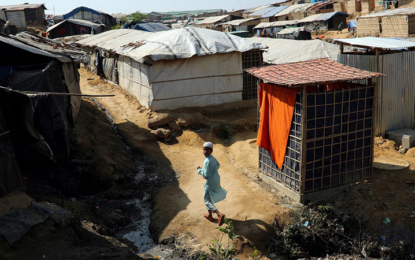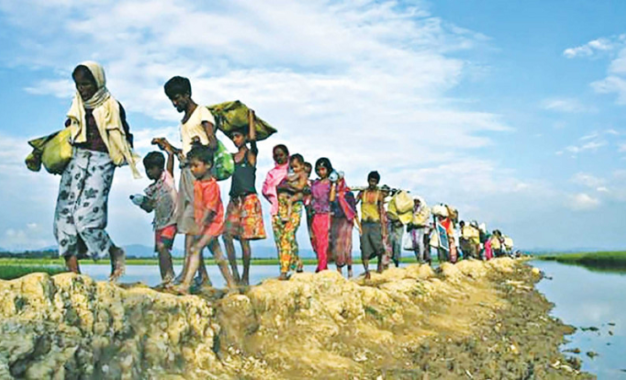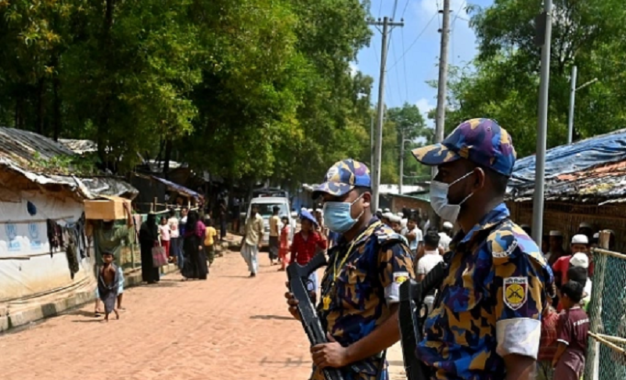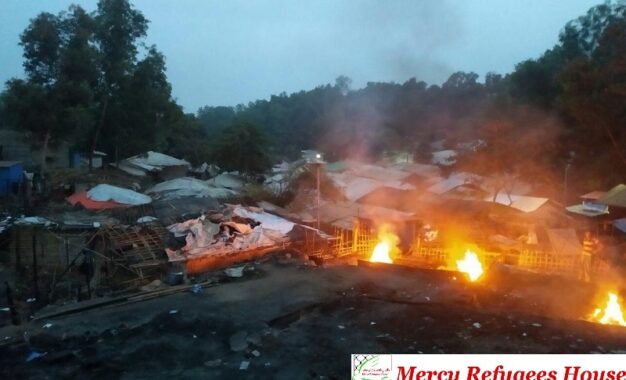Latest News
Calls for international recognition of Rohingya genocide grow
Bangladesh, Help Refugees, Human Rights, Malaysia, Myanmar, Refugees issues, Religious Rights
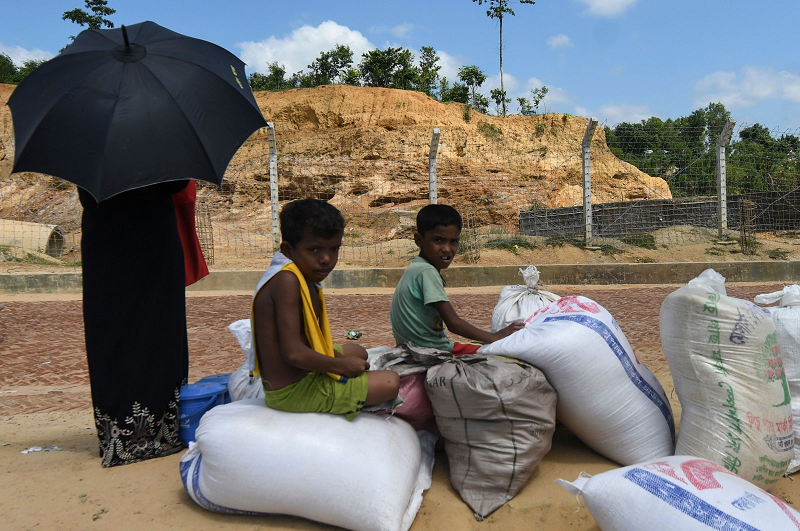
A group of 35 human rights organizations urged the countries to acknowledge that genocide was committed against Rohingya Muslims by Myanmar, ahead of the U.N.-backed Rohingya donor conference, underscoring the August 2017 crackdown that prompted the exodus to Bangladesh.
The persecution of Rohingya Muslims in Myanmar is one of the worst humanitarian tragedies of our time, but it is also the most overlooked. Rohingya, described by the U.N. as one of the most persecuted communities in the world, has been facing systematic state persecution in the northern Rakhine state of Myanmar since the early 1970s.
ALSO READ THIS: MYANMAR ELECTION: UK UNHAPPY AT EXCLUSION OF ROHINGYAS
In January, the highest court of the United Nations, the International Court of Justice (ICJ), ordered Myanmar to protect Rohingya Muslims from acts of genocide, in an embarrassing blow to the country’s top leader, Aung San Suu Kyi. The Rohingya remain “at serious risk of genocide,” the court found. Suu Kyi strongly denied wrongdoing by government forces. Suu Kyi has made it clear that she supports Myanmar’s military, which was founded by her father and her government’s rhetoric has left little doubt as to how she regards the Rohingya as her office dismissed accounts of mass sexual violence by soldiers against Rohingya women in 2016 as “fake rape.”
The Myanmar government has long been blamed for genocide against the minority Muslim community. The exodus of Rohingya began in August 2017 after Myanmar security forces launched a brutal crackdown following attacks by an insurgent group on guard posts. Thousands were killed in the violence, and those forced to flee faced dire poverty and the threat of diseases in crudely built camps in Bangladesh. At least 9,000 Rohingya were killed in Rakhine state from Aug. 25 to Sept. 24, 2017, according to Doctors without Borders (MSF).
Amazon Sponsorship
Recent Posts
Jul 29, 2023
It has been close to six years since hundreds of thousands of Rohingya faced a deadly genocide by Myanmar’s military and fled the country in search of protection and refuge in neighbouring Bangladesh. The Rohingya population has been undergoing persecution, discrimination, arbitrary arrests, and atrocities in Myanmar for over seven decades. Their condition is alarmingly […]


